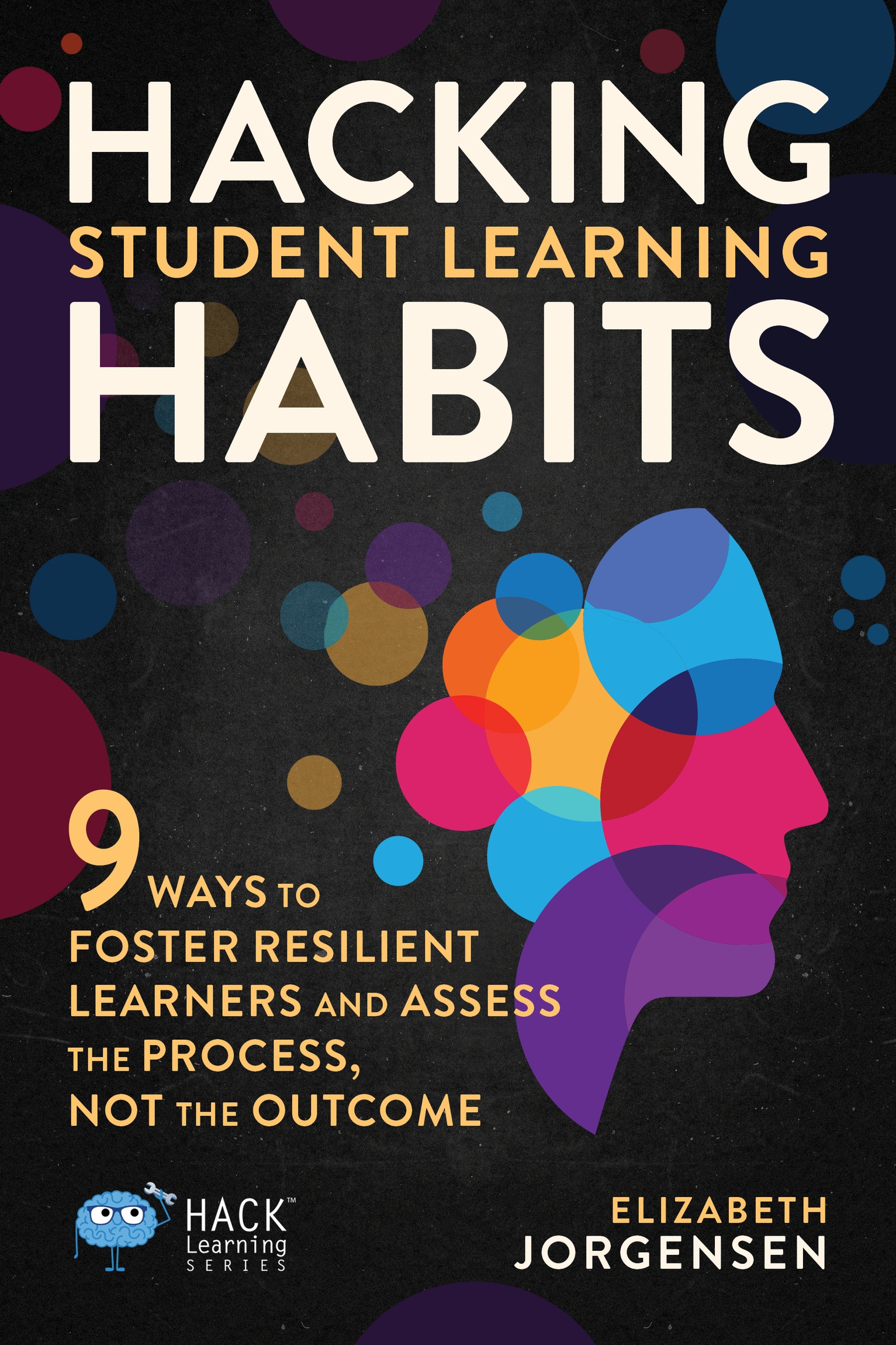Why I Was Done with Late Work
Jul 07, 2025Opinion
By Elizabeth Jorgensen
I wish I had realized this sooner:
Students complete late work not because they care about the authenticity of the assignment but because they want to move their grade up a letter.
Early in my teaching career, I accepted all late work. At the end of each semester, I gathered piles of papers, exercises, and reports, and in the margins, placed my thoughtful comments. I left detailed analyses of where students misstepped and how they could improve. Then, I placed the late work into a bin outside my classroom.
I watched the bin for weeks and waited for the students to return.
But they never did.
I tried to remedy the situation by encouraging students. "Now that we've finished exams come back and get your late work."
"Don't forget, late work is ready for pickup."
But the students never returned.
Then, a few years ago, I hit my limit. I told that batch of students, “No more late work.”
The students tested my assertion. “But don’t you have to accept it?”
“No,” I told them, “I don’t.”
I explained why I was done with late work using a basketball analogy.
"When you arrive at practice, your coach leads you through drills. You dribble, practice free throws, and scrimmage. As you practice, your coach guides you. She gives you cues, and you try different techniques. Sometimes those techniques are successful and sometimes not.
"But that's the beauty of daily practice: it accumulates. You learn something each day from your coach and your teammates. This practice, day after day, is what allows you to improve.
“You can’t go back and shoot yesterday’s free throws or play in yesterday’s scrimmage. You can’t recreate the accumulation of daily practice. It’s the same in this class.
Click here to look inside
Every day, I will ask you to show up, practice, and participate. In doing this, you will receive feedback and the opportunity to apply that feedback to improve.
"Then, you will gain from the cumulative nature of practice.”
In their daily practice, students aren’t perfect, but that’s okay. “Perfect practice doesn’t exist,” I say. “But watch as you grow, just by showing up and putting in the reps.”
Related post: A Concerningly Empty Grade Book
Now, I'm not inundated with late work at the end of the semester. I'm not staring at that bin, angry no one is returning to read and apply the feedback I left. But here's the best part: now, students practice every day, and this daily accumulation leads them to develop healthy learning habits.
For more ways to foster resilient learners, read Hacking Student Learning Habits published by Times 10 Publications in April 2022.
Here's what two current students said in their end-of-quarter reflection:
"I think that the process-based assessment is helping me get better at submitting assignments. Knowing that late work does not count helps me get things done quicker. For many classes, I submit late assignments, but this has helped me get better at not doing that …
"Because of the rule of no late work, I have been able to stay on top of my work in all other classes. If I have to keep on top of my work in this class, why not do it in all my classes?"
"Another aspect of this class that I really enjoy is the process-based assessment for the grading method. This grading method helps lessen the amount of homework I have out of school, which is really helpful.
"It also helps me feel more successful in my writing because the content and requirements are still there, but the actual writing is not judged based on how good Mrs. Jorgensen thinks it is."
If you want to learn more about process-based assessment and instilling good learning habits, check out Hacking Student Learning Habits: 9 Ways to Foster Resilient Learners and Assess the Process, Not the Outcome.

Elizabeth Jorgensen writes about process-based assessment in Hacking Student Learning Habits, published by Times 10 Publications in 2022. She is an award-winning writer and teacher and sought-after speaker. In 2021, she was named one of 20 of America’s Most Inspiring Educators (The Henry Ford’s Innovation Nation Teacher Innovator Awards).
She has been published in English Journal, Edutopia, Teachers & Writers Magazine, Azalea: Journal of Korean Literature and Culture (Harvard University), Brevity, Milwaukee Journal Sentinel, Writers Who Care, Ohio Journal of English Language Arts, Wisconsin English Journal, Skinny Poetry Journal, and Gyroscope Review, among others.
She has presented for the National Council of Teachers of English, Wisconsin State Reading Association, Wisconsin Writers Association, East Asian Studies Center at Indiana University, The Ohio Council of Teachers of English Language Arts, and The Illinois Reading Council, among others.






